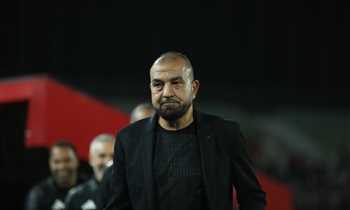
Al-Gaish coach Talaat Youssef celebrating a goal against Zamalek
Teams famous for their huge regional fan base such as Masri of Port Saied, Ismaili and Ittihad Alexandria used to occupy leading positions in Egypt's premier competition.
But this hasn't been the case recently with the rising costs of the game and the limited income that these sides generate.
Since the beginning of the new millennium, Egyptian football edged towards a new era that witnessed different organizations, military, governmental and private, investing in football.
Nine of the sixteen teams currently competing in the Egyptian Premier League come from such a background.
Despite the fact that the football business doesn't pay off in Egypt, the military body and companies working in the oil sector, among others, believe it creates a good image for them.
"It is all boils down to professional administration," said Talaat Youssef, the manager of Al-Gaish, who are in charge of the Egyptian League after seven games.
"Ahli is the most successful Egyptian club because they manage scientifically, an advantage widely enjoyed in the Military sector," he told FilGoal.com.
Pioneering ENPPI
Armed Forces representatives in the Egyptian Premier League, Al-Gaish and Harras Al-Hodoud, have had a great impact on the competition. But they didn't start the trend.
ENPPI, a wealthy and popular oil company, led by example as their side produced stunning results in the 2002-2003 season after sealing promotion to the top flight.
They finished fourth in the league table and were pivotal in determining the champions; defeating Ahli in the last game to hand the title to the latter's arch-rivals Zamalek.
ENPPI's success was no surprise, given the big financial support that provided stability for the players.
The Military clubs worked parallel with ENPPI and their efforts were also fruitful.
Al-Hodoud concluded the 2004-2005 campaign in third place. They were always placed in the top half of the table since their promotion in 2002.
Al-Hodoud have stumbled in the early stages of this season but their brother club and surprise package Al-Gaish made amends.
Although they lack the huge funding available to the oil clubs, the disciplinary measures of Al-Hodoud and Al-Gaish were the key for success.
"We definitely have the lowest budget among the Premier League teams," Youssef said.
"Last summer, we signed five second-division players for a total sum of EGP 550,000 because the armed forces have their very strict spending policies."
No Fan Base
However, these clubs miss enthusiastic atmosphere as they often play in empty stadiums.
But neither success nor money could buy them popularity against clubs of more than 80 years of history.
"Football without fans is useless," said Ahmed Ezz, a 24-year-old Ahli fan.
"Although the presence of such clubs is important because they truly implement a professional football system, nobody can enjoy the without spectators."
Egyptian satellite channel Dream TV decided to invest in the huge popularity of Ittihad, Masri and Ismaili.
It offered to launch and fund three sports channels, one for each of the trio, in return for revenue share, in a bid to benefit from these clubs' fan bases.
The financial details of the project remain unclear and several attempts to reach Dream officials were unsuccessful.
نرشح لكم
 محمد رمضان يكشف حقيقة مشاكل كولر مع اللاعبين وكواليس استبعاد كهربا في الإمارات
محمد رمضان يكشف حقيقة مشاكل كولر مع اللاعبين وكواليس استبعاد كهربا في الإمارات
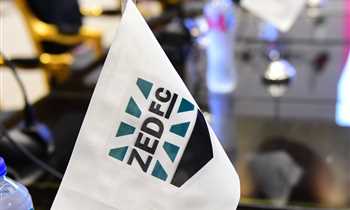
 خبر في الجول - مدير رياضي برتغالي لـ زد
خبر في الجول - مدير رياضي برتغالي لـ زد
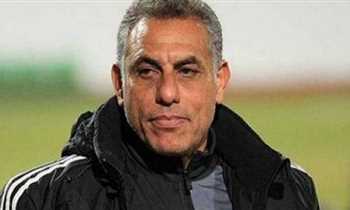 حمادة صدقي: تبديلاتي ضد طلائع الجيش بسبب الإجهاد.. وحزين للتعادل
حمادة صدقي: تبديلاتي ضد طلائع الجيش بسبب الإجهاد.. وحزين للتعادل
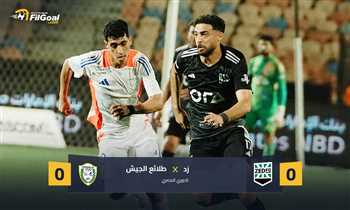 للمرة الأولى.. طلائع الجيش يتعادل مع زد دون أهداف
للمرة الأولى.. طلائع الجيش يتعادل مع زد دون أهداف
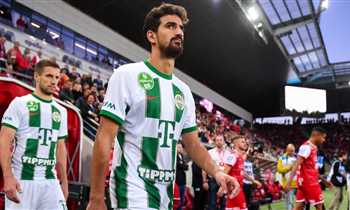
 في الجول يكشف مدة تعاقد وقيمة انتقال بن رمضان لـ الأهلي
في الجول يكشف مدة تعاقد وقيمة انتقال بن رمضان لـ الأهلي
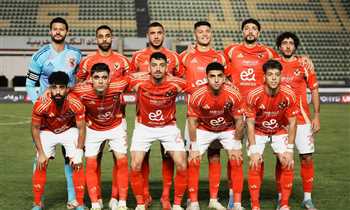
 مصدر من الأهلي يكشف لـ في الجول المواصفات المستهدفة للمدرب الجديد
مصدر من الأهلي يكشف لـ في الجول المواصفات المستهدفة للمدرب الجديد













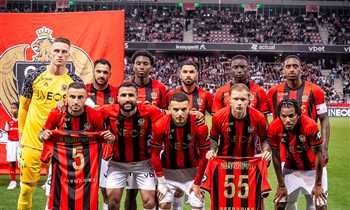


 بمشاركة مرموش.. هدف بلجيكي يقود مانشستر سيتي للفوز على ولفرهامبتون
بمشاركة مرموش.. هدف بلجيكي يقود مانشستر سيتي للفوز على ولفرهامبتون
 دربي جديد.. نادي باريس يتأهل للدوري الفرنسي بعد 47 عاما
دربي جديد.. نادي باريس يتأهل للدوري الفرنسي بعد 47 عاما
